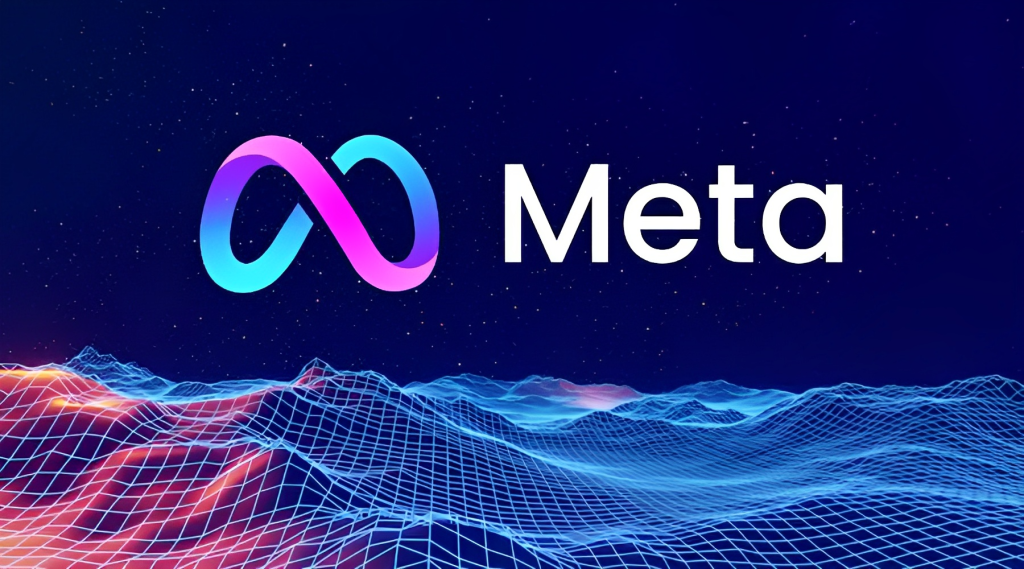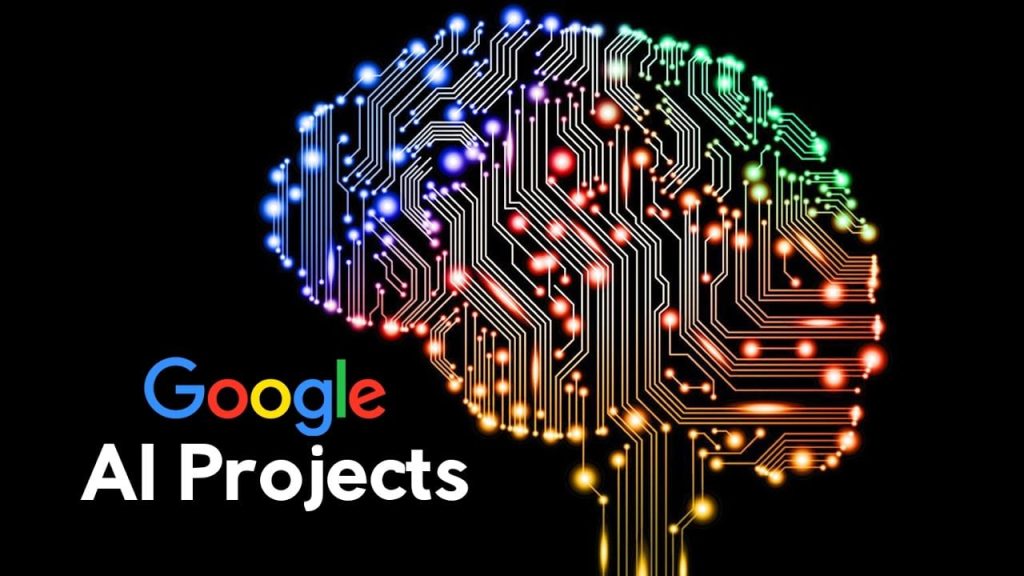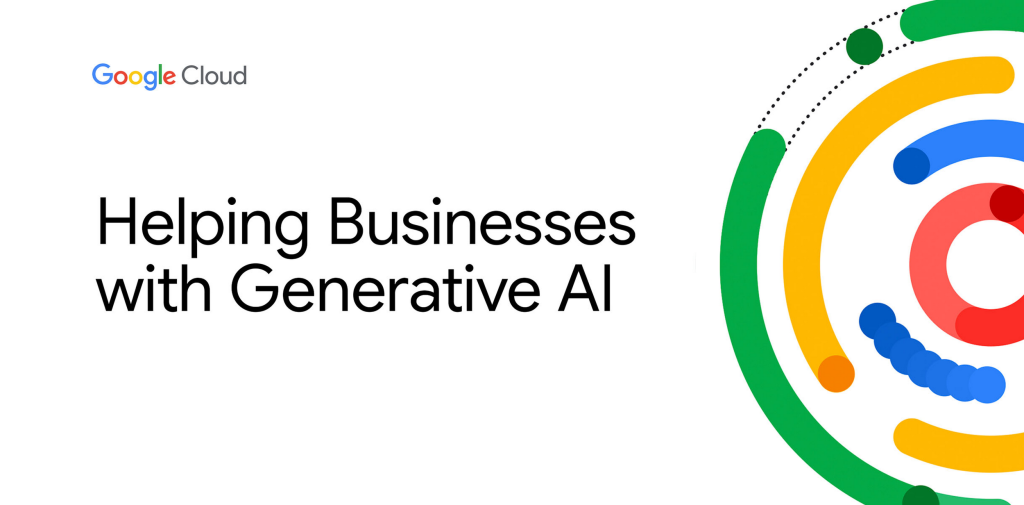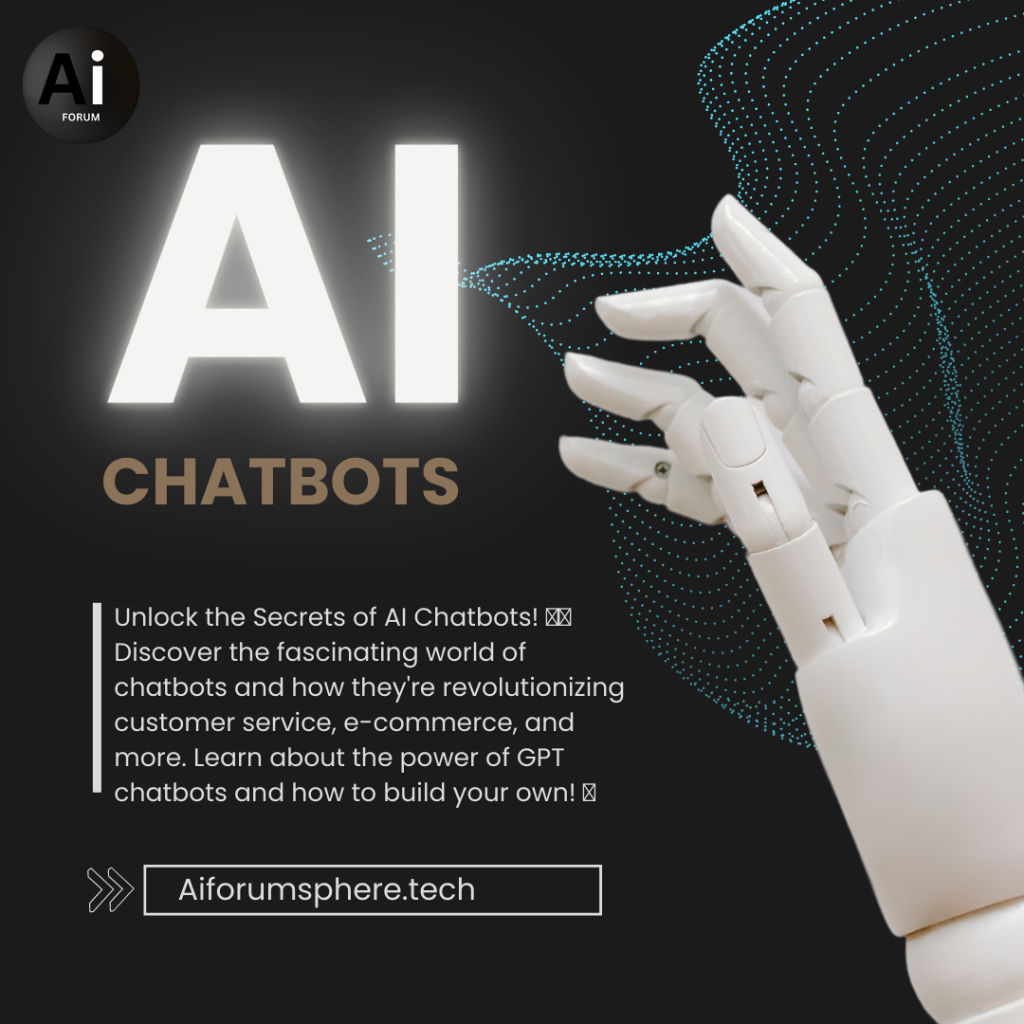Artificial intelligence (AI) is one of the most transformative technologies of our time. It has the potential to improve many aspects of human life, such as health, education, entertainment, and productivity. However, it also poses significant challenges and risks, such as ethical, social, legal, and security issues. Therefore, it is crucial to understand how AI is being developed and deployed by the leading companies in the field.
Meta and Google are two of the most influential players in the AI race. They have invested billions of dollars in research and development, acquired talented researchers and engineers, and created platforms and products that leverage AI capabilities. In this blog post, we will compare and contrast their approaches, achievements, and visions for the future of AI.
Meta (formerly known as Facebook) is a social media giant that connects billions of people around the world. It also owns other popular platforms such as Instagram, WhatsApp, Messenger, and Oculus. Meta’s mission is to “bring the world closer together” by enabling social interactions and experiences across different domains and modalities. To achieve this goal, Meta relies heavily on AI to enhance its products and services.

Some of the areas where Meta uses AI are:

Content moderation:
Meta uses AI to detect and remove harmful or inappropriate content from its platforms, such as hate speech, misinformation, nudity, violence, spam, etc. It also uses AI to enforce its community standards and policies.
Personalization:
Meta uses AI to tailor its content and recommendations to each user’s preferences, interests, and behavior. It also uses AI to optimize its advertising and monetization strategies.
Communication:
Meta uses AI to facilitate communication among its users by providing features such as translation, transcription, captioning, voice and video calls, etc. It also uses AI to enable new forms of communication such as virtual reality (VR) and augmented reality (AR).
Creativity:
Meta uses AI to empower its users to express themselves creatively by providing tools such as filters, stickers, effects, avatars, etc. It also uses AI to generate novel content such as images, videos, music, etc.
Meta’s vision for the future of AI is to create a “metaverse”, which is a shared virtual environment where people can interact with each other and with digital content in immersive ways. Meta believes that the metaverse will be the next evolution of the internet and social media, and that it will require advanced AI technologies such as computer vision, natural language processing, computer graphics, etc.

Google is a search engine giant that provides a variety of products and services across different domains such as web, mobile, cloud, hardware, etc. It also owns other popular platforms such as YouTube, Gmail, Maps, Photos, etc. Google’s mission is to “organize the world’s information and make it universally accessible and useful” by providing fast, accurate,
and relevant answers to any query or task. To achieve this goal, Google relies heavily on AI to enhance its products and services.
Some of the areas where Google uses AI are:

Search:
Google uses AI to understand the intent and context of user queries and provide relevant results from its vast index of web pages and other sources. It also uses AI to rank the results according to their quality and relevance.
Assistant:
Google uses AI to provide a conversational interface that can help users with various tasks such as setting reminders, booking appointments, playing music, controlling smart devices, etc. It also uses AI to integrate its assistant with other products and services such as Maps,
Photos, YouTube, etc.
Cloud:
Google uses AI to provide cloud computing services that can help businesses and developers with various needs such as data storage,processing,analysimachine learning,
etc.It also uses AI to optimize its cloud infrastructure and security.
Hardware:
Google uses AI to design and manufacture hardware devices that can leverage its software capabilities such as Pixel phones, Nest speakers, Chromebooks, etc.
It also uses AI to enable new features such as camera, voice, gesture, etc.
Google’s vision for the future of AI is to create a “helpful” technology that can assist people with their everyday needs and challenges by providing smart, simple, and personalized solutions. Google believes that AI can be a positive force for humanity and that it should be developed and deployed with responsibility, transparency, and fairness.


